Ever since the Bangladeshi peacekeepers first officially attiring the Blue Helmet in 1988 for the United Nations Iraq-Iran military observer group mission (UNIIMOG), the South Asian nation has been one of the largest Troops and Police Contributing Countries (TPCCs) to the UN Peacekeeping Operations for several years now.
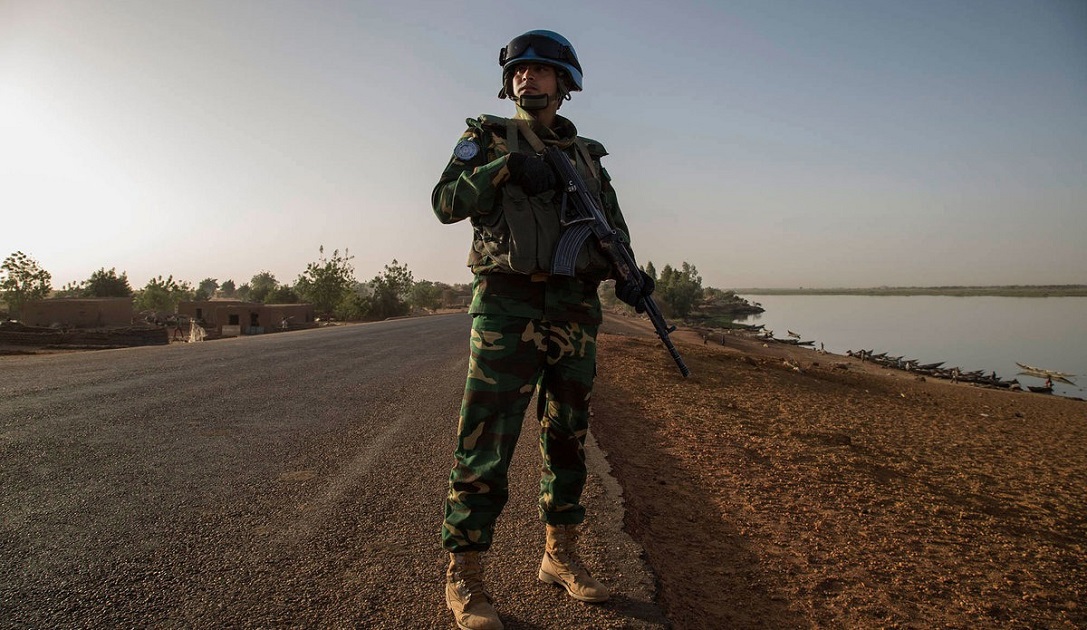
Much to the delight of the countrymen, Bangladesh is the top troop-contributing country (TCC) to UN peacekeeping, with 6,956 Bangladeshi peacekeepers serving in 10 peace operations as of February this year.
The figure stood at around 7,500 in mid-2023.
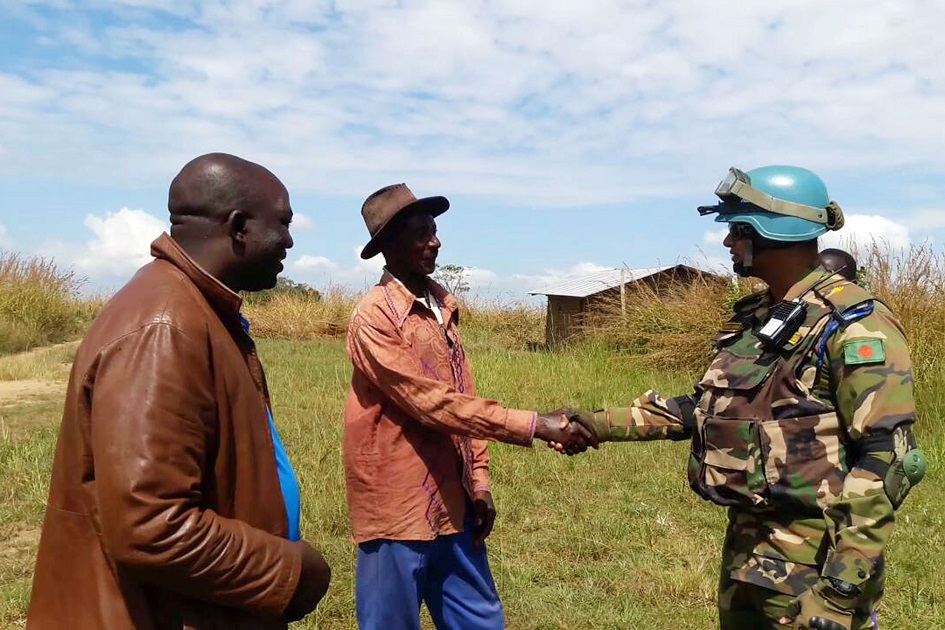
Also in 1988, Bangladesh deployed troops in a separate operation namely UNTAG in Namibia.
Bangladesh Police joined in the next year (1989) with both the Bangladesh Navy and the Bangladesh Air Force participating in the UN peacekeeping operations in 1993.
And, this is no surprise that Bangladesh’s partnership with the UN in peacekeeping has grown in depth and dimensions since the late 1980s.
In fact, Bangladeshi peacekeepers have never faltered in carrying out their responsibilities amid various adversities and hardships over the decades.
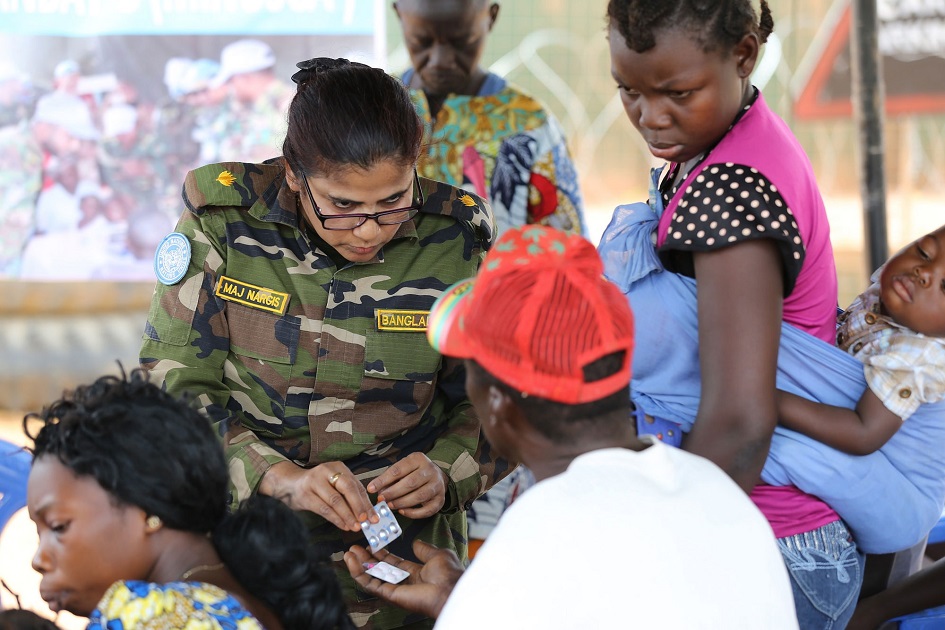
Since the UNIIMOG operation in 1988–1991, no fewer than 188,558 Bangladeshi peacekeepers, including 2,728 female peacekeepers, have served in 63 UN operations in 40 different states across five continents, according to an article published in February.
The performance of the peacekeepers has been well appreciated in most difficult places including in Mali, the Central African Republic, South Sudan and the Democratic Republic of Congo.
Bangladeshi peacekeepers are known for their proactive operational measures, deep sense of commitment and excellent professionalism. They have also earned a great reputation for having no caveats and their adherence to the UN chain of command.
Lesser female participation
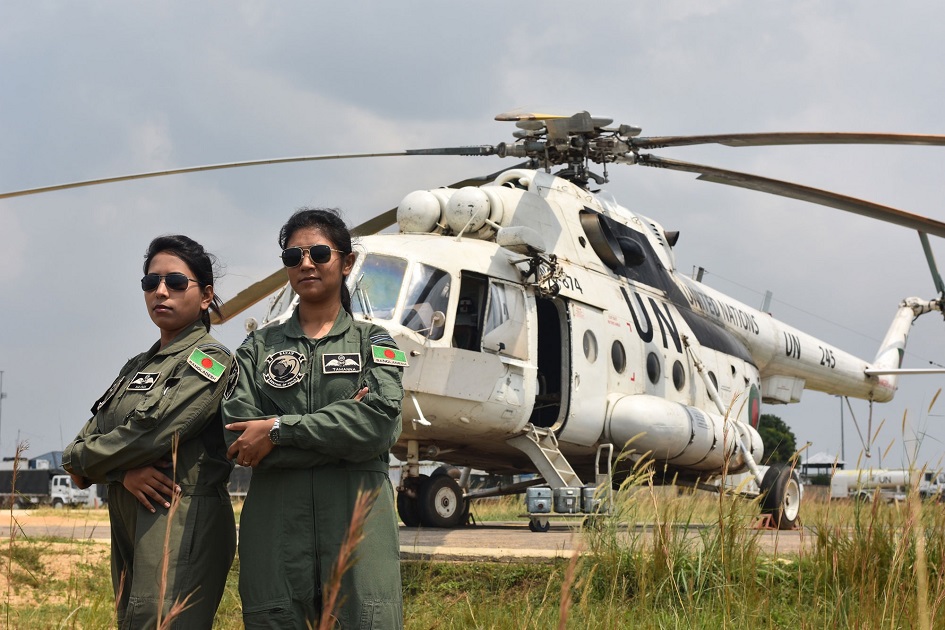
Female participation, as planned by the UN, in military contingents should reach 15% by 2028, and 25% of military observers and staff officers should be women.
Nevertheless, a little over half the quota set for 2028 is fulfilled by Bangladeshi female peacekeepers, including 415 military personnel, 119 police members, and a few doctors.
But the Permanent Mission of Bangladesh to the UN says that the county has a good representation of female peacekeepers in the all-female Formed Police Units (FPU) both in Democratic Republic of Congo and Haiti.
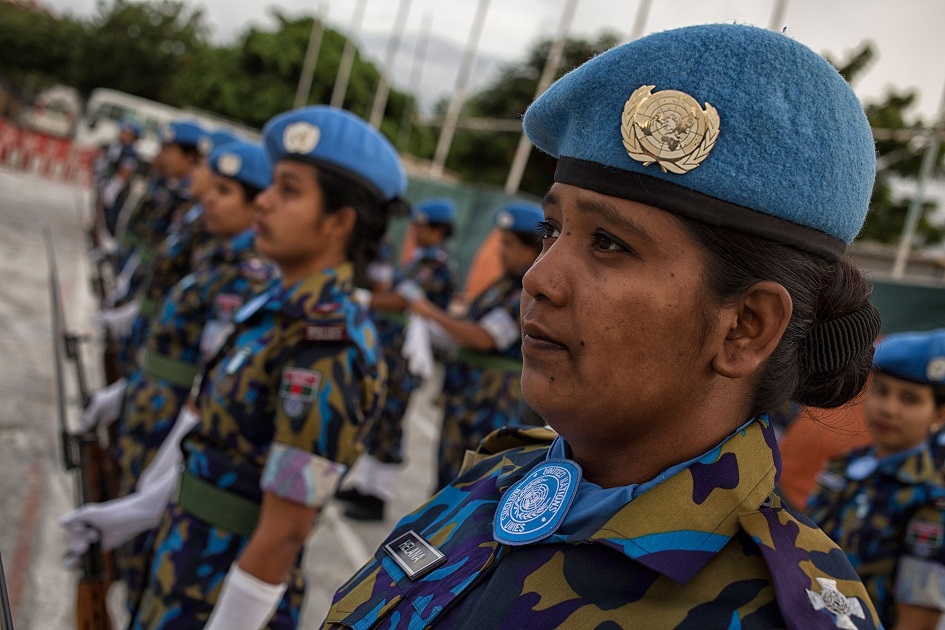
“However, we have a low representation of female individual peacekeepers (as observers/staff officers). Our Armed Forces Division and Police Headquarters are taking measures to increase female participation in peacekeeping operations. Bangladesh is now sending one platoon of female members with each military contingent,” it adds.
Fallen heroes
So far, at least 166 peacekeepers, mostly from the army, from Bangladesh have lost their lives while serving in UN peacekeeping operations across the world.
The first death was reported on April 4, 1989, during the UNTAG operation in Namibia.
The UN in March last year awarded ‘Dag Hammarskj”ld Medal’ to five fallen Bangladeshi peacekeepers for their supreme sacrifice in UN Peacekeeping operations.
High hopes
During his visit to Dhaka in June last year, UN Under-Secretary-General for Peacekeeping Jean-Pierre Lacroix assured that he would give special consideration to the recruitment of more peacekeepers from Bangladesh.
Lacroix made the assurance when he met acting army chief Lieutenant General Ataul Hakim Sarwar Hasan at the military headquarters on June 26.
Lacroix highly praised the contribution of Bangladeshi peacekeepers and thanked Bangladesh and especially the Bangladesh Army for sending the highest number of peacekeepers for a long time.
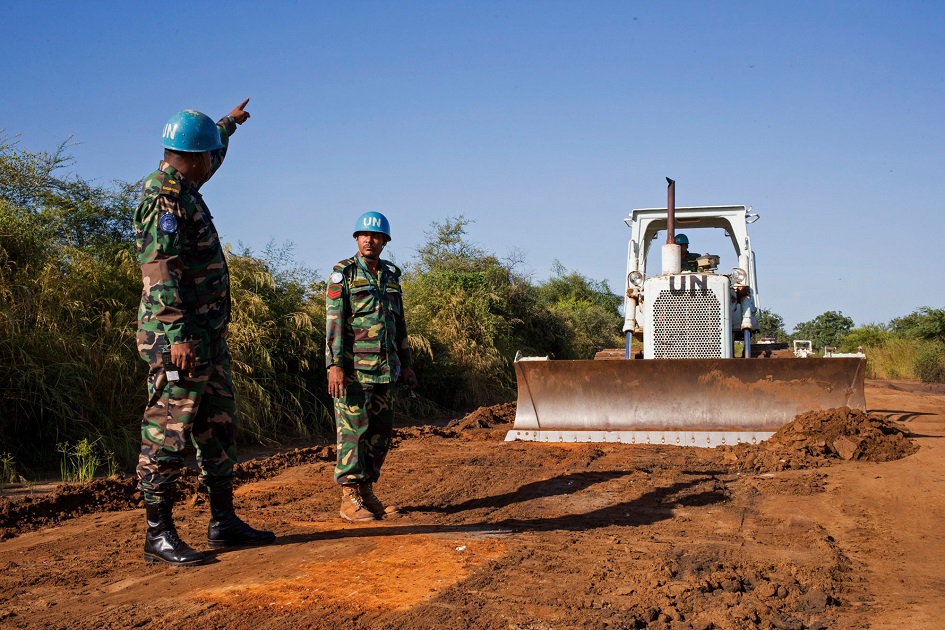
During the meeting, the appointment of Bangladeshis and especially women peacekeepers for important appointments in future peacekeeping missions was also discussed.
In November 2019, Bangladesh Police received the Best Police Unit Award for its contribution to the United Nations peacekeeping operations.


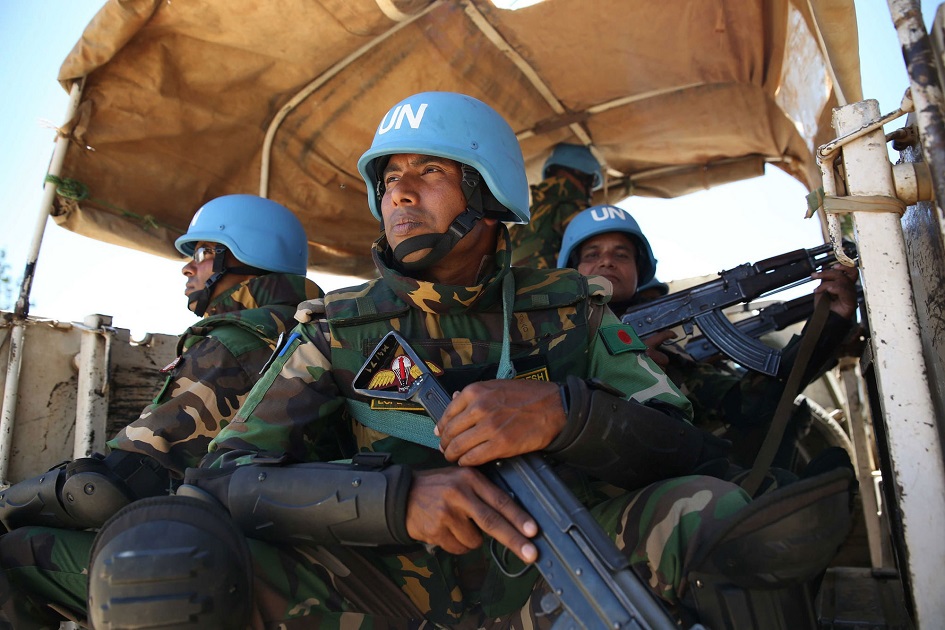




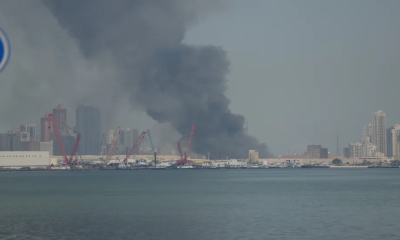
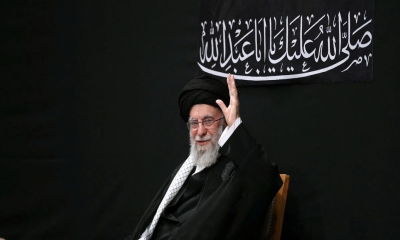
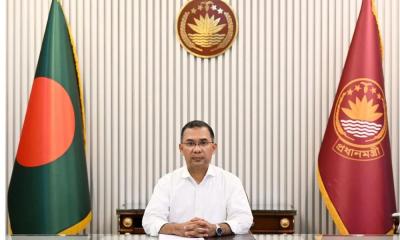



-20260304091720.webp)






-20260303080739.webp)








-20260225072312.webp)





-20260228064648.jpg)
